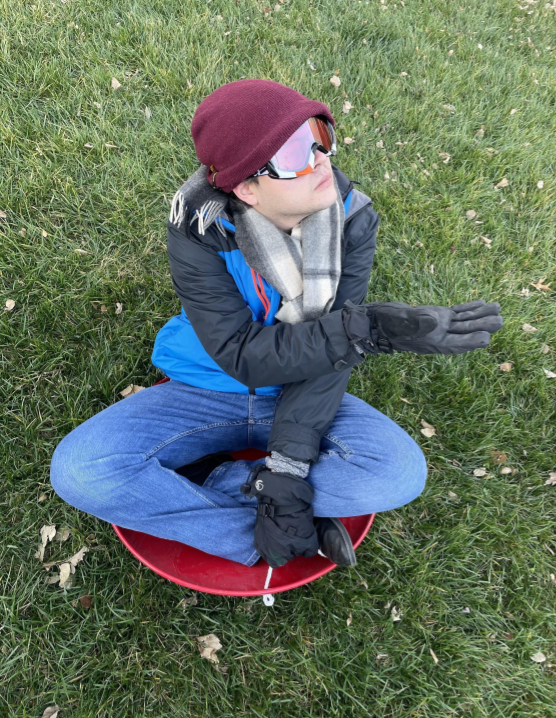It was a downright balmy autumn day when an email from UMKC popped into my inbox. The subject line read “Winter Weather Procedures.”
Fair enough. Even though the weather was on the warmer side at the time, it was probably better to prepare students early in a city with notoriously inconsistent weather.
“In most cases when weather renders travel extremely difficult, we will shift to remote working and learning whenever possible,” read the staggering email.
Suddenly, we are living in a world with no more snow days. This remote learning policy was introduced last year in the wake of COVID-19, and UMKC has since recommended that professors provide an alternative assignment when the campus is inaccessible.
The email announcement listed recorded lectures, assigned readings and altered class schedules as possible remote alternatives. All of these were reasonable recommendations that made me wonder why snow days had to die.
I would normally expect some amount of reading or schoolwork on a snow day, so that’s no issue. Recorded lectures can also be watched on a student’s own time, so the “snow day” is still freed up quite a bit.
But altered class schedules are the most roundabout description of a snow day I have ever heard. Like magic, that class suddenly becomes an optional study day when I can choose to stay home and study my grandma’s cookie recipe while watching the lecture for another class.
With the new remote learning policy, there is no expectation to hold a synchronous online session, and students have no penalty for missing it if they meet with the professor.
How does it benefit students and faculty to, even only partially, get rid of snow days?
It doesn’t matter if you call it inclement weather, severe conditions or a holiday miracle. Snow is exciting, and it brings the chance of seeing that fateful message “regretfully” informing students and faculty that the campus is closed.
These mystical days off are surrounded by superstition and deeply connected to regional identity. Kids grow up hearing about places with greater or fewer snow days than they do. They shiver late at night at the thought of cursed lands with no snow days at all.
As young adults, snow days definitely lose some of their magic, but that’s still no reason to do away with them.
They represent the chance that our lives can get better due to even minor windfalls. At the drop of a hat, the sky can turn dark and cheers resound as pennies fall from heaven.
And now one mockingly mundane email has deftly undercut this magic. The rest of the announcement ensured the reader that everything would be done to make sure classes remain open and the school stays accessible. A routine end to a subtly controversial announcement.
The email has forced many students to consider how tiny pleasures like snow days can be slowly removed from our lives for the sake of academic efficiency and convenience.
aentyb@umsystem.edu








